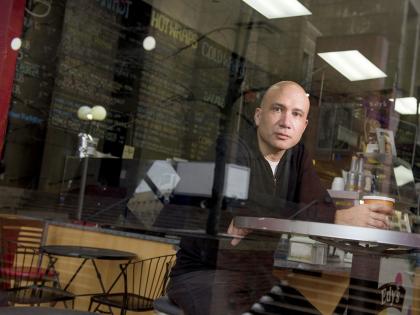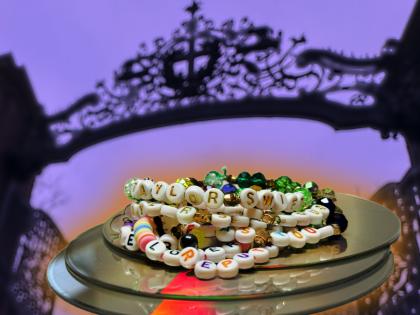1920
The University’s Endowment Fund campaign earns an unprecedented $8 million in receipts and another $4 million in pledges, prompting President Lowell to speak of an annus mirabilis in Harvard finances.
1925
A survey of seniors’ career plans indicates that only 9 percent plan to follow their fathers’ occupations, and that their top choices are business (21 percent), medicine (15 percent), and teaching and law (10 percent each), with the ministry at the bottom (0.6 percent).
1940
A poll of seniors for the 1940 class album reports that 52 percent anticipate a life “characterized by possible social and cultural turmoil, crisis, and catastrophe”; 56 percent feel the New Deal “should be either halted and abandoned or curtailed and modified”; and 18 percent believed Western culture is declining--though one man writes, “I don’t know--will have to wait until the next Marx Bros. picture comes out.”
1945
An estimated 12,000 people fill Tercentenary Theatre just after noon on May 8 for a 15-minute “service of remembrance and thanksgiving” in honor of V-E Day.
1955
Seniors are relieved when Civil Defense officials declare the University area exempt from a nationwide hydrogen bomb test-alert scheduled for Commencement morning. “The news brought welcome reassurance that H still stands first for Harvard, second for Hydrogen.”
1970
After the U.S. invasion of Cambodia, and the shooting of fellow students at Kent State, nearly 1,000 Harvard students travel to Washington to protest.
1975
The Class Day committee, after being turned down by comedians Bill Cosby and Mel Brooks, finds its speaker in Muhammad Ali. He not only accepts the offer, but announces that he is “waiving his usual $3,000 speaker’s fee in view of the honor of the occasion.” 3/13/15 update: Ali in fact spoke a week early, on June 4, to avoid a conflict with his training schedule for a forthcoming match. Comedian Dick Gregory and Warburg professor of economics spoke on Class Day.
1980
“The College Pump,” quoting from a weekly publication of the Freshman Dean’s Office, reports that “[i]n recent weeks there have been several ‘food fights’ in the Union…This has to be cleaned up by the Union help who were not hired to be extras in a freshman aping of Animal House. So cut it out.”
1990
The 103-year-old Harvard Law Review gains its first black president, Barack Obama, who calls his election “a signal to black students at all levels that they can still achieve, although ‘discriminatory barriers remain formidable and there are tremendous educational problems, particularly for the poor….’”








